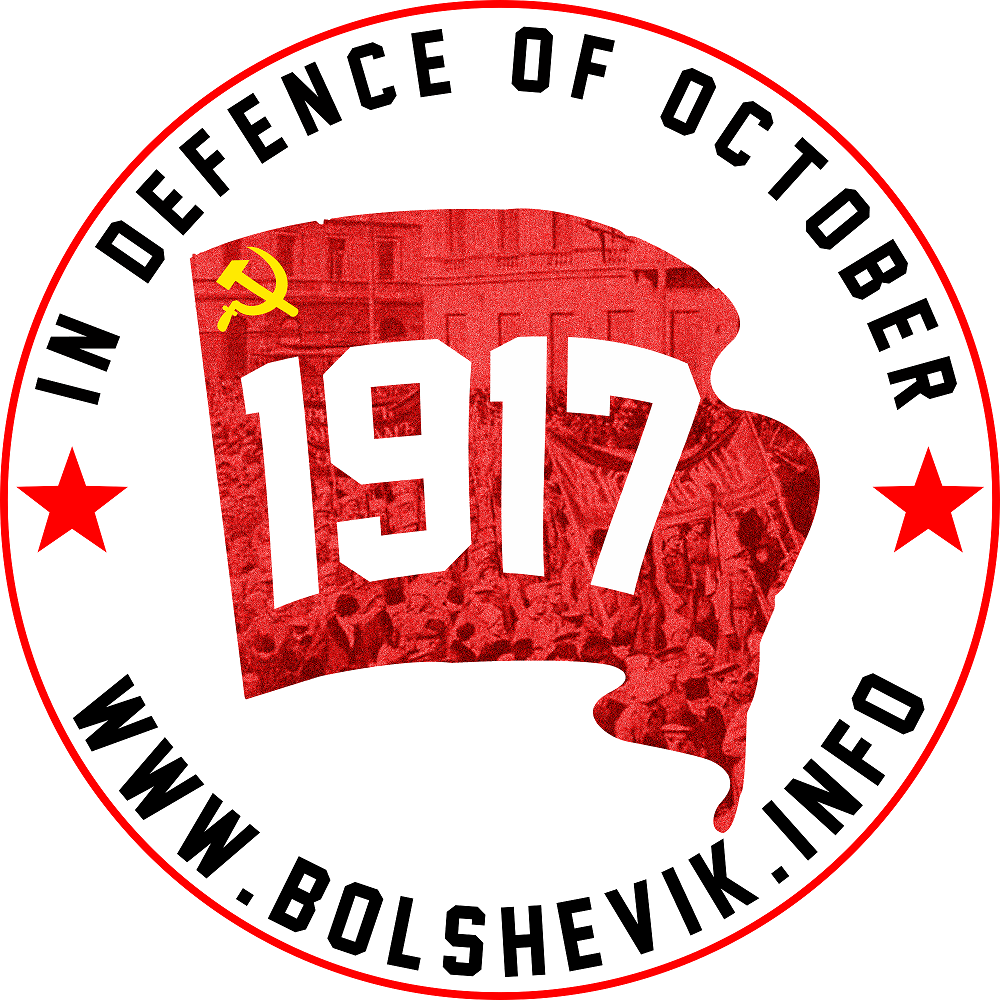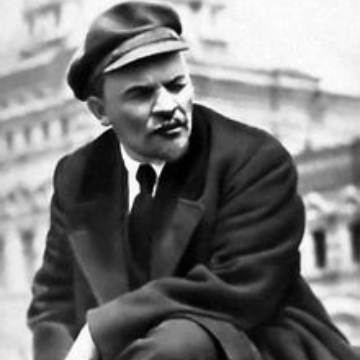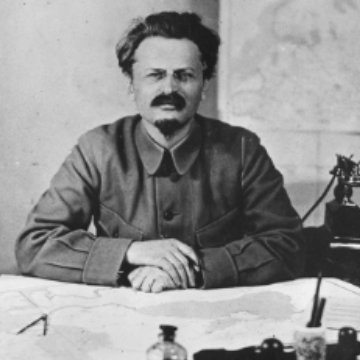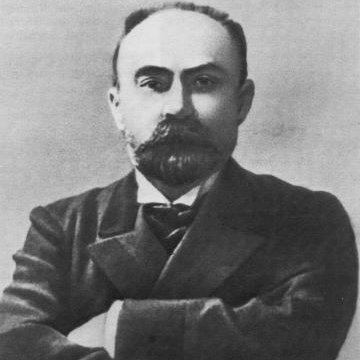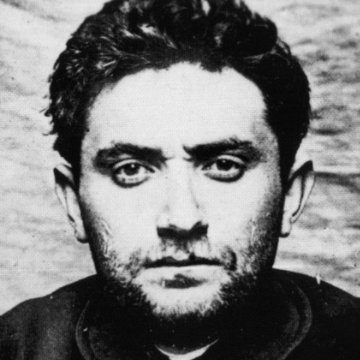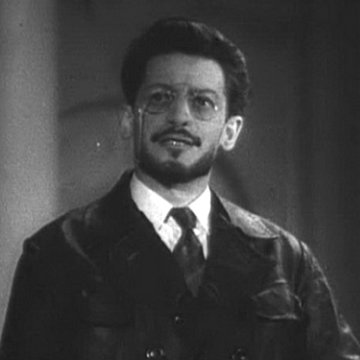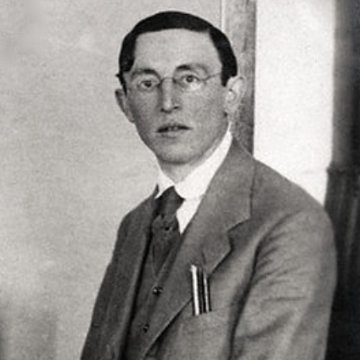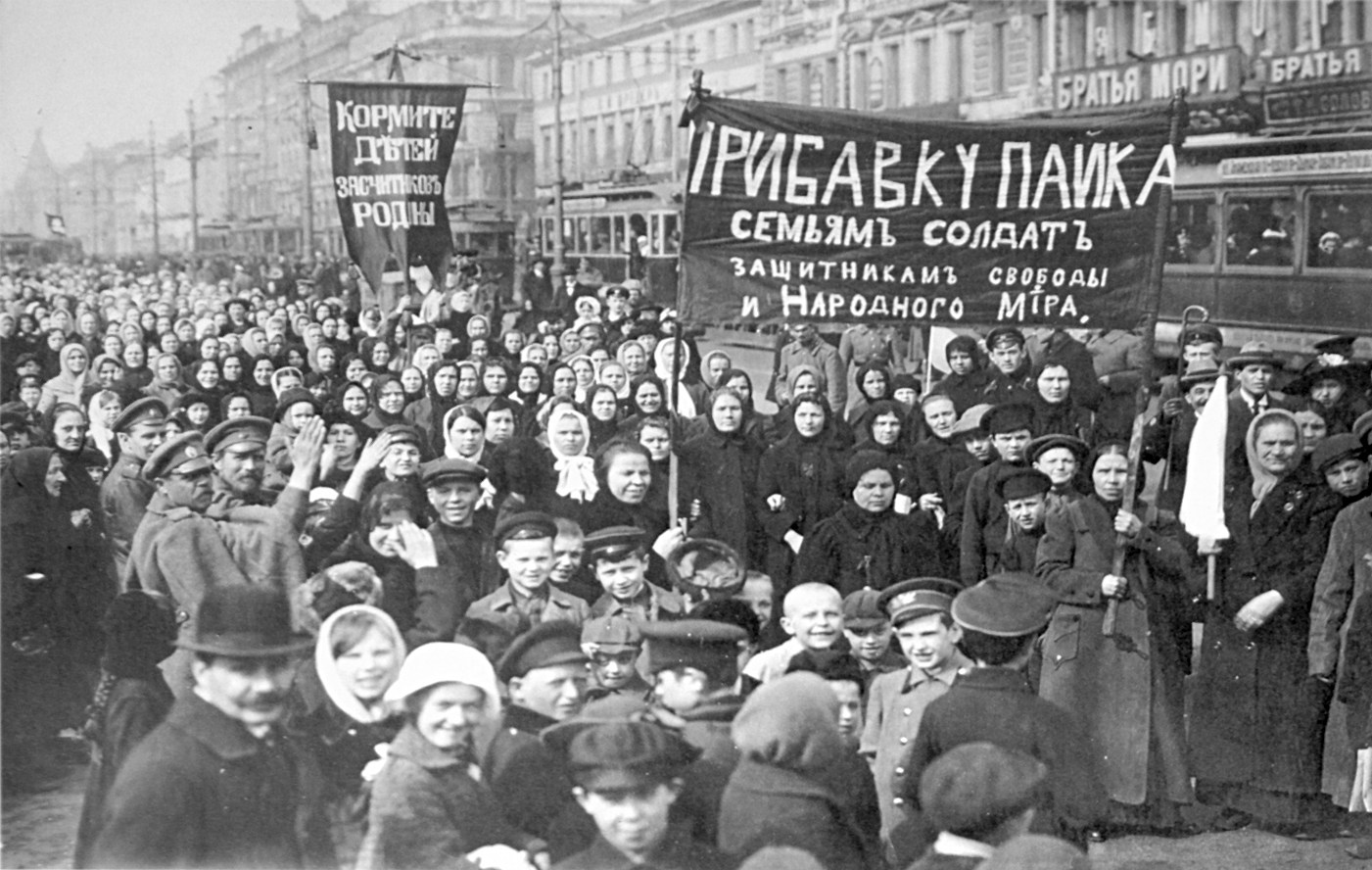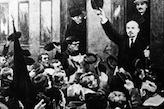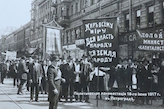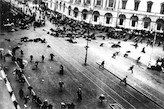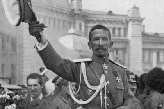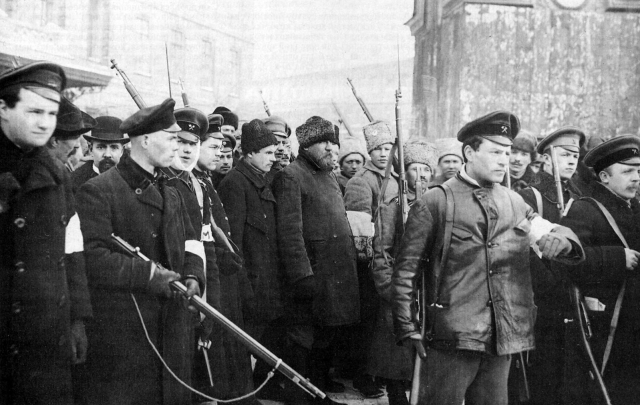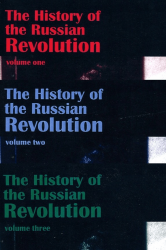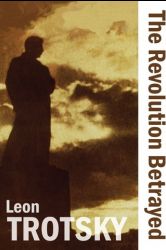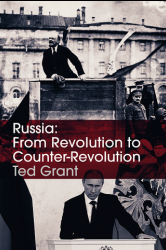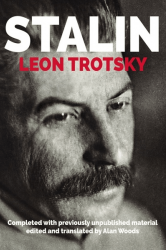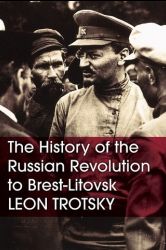“No annexations or indemnities”
(1) The talks shall be political and economic.
(2) The main theme of the political talks and the basic principle shall be: “No annexations or indemnities”.
(3) Concept of annexation:
(a) non-acceptability of the definition of annexation as lands integrated after the proclamation of the present war.[The definition of annexation under which only lands integrated after the proclamation of the war are regarded as annexed is rejected.]
(b) any territory shall be deemed to be annexed whose population, over the last few decades (since the second half of the 19th century), has expressed dissatisfaction with the integration of their territory into another state, or its status in the state, regardless of whether such dissatisfaction has been expressed in writings, decisions of meetings, assemblies, municipal councils and similar institutions, in state and diplomatic acts, arising from the national movement in these territories, in national friction, clashes, disturbances, etc.133
(1) Official recognition for each (non-sovereign) nation, which is part of a given belligerent country, of the right to free self-determination, including secession and formation of an independent state; (2) the right to self-determination shall be realised through a referendum of the whole population of the territory seeking self-determination; (3) the geographical boundaries of the territory seeking self-determination shall be established by democratically elected representatives of the territory and contiguous territories; (4) preliminary conditions guaranteeing the exercise of the right of nations to free self-determination:
(a) withdrawal of troops from the territory seeking self-determination;
(b) return to the territory of refugees and inhabitants expelled by the authorities since the outbreak of war;
(c) establishment in the given territory of a caretaker administration consisting of democratically elected representatives of the nation seeking self-determination, with the right (among others) of implementing Clause (b);
(d) establishment under the caretaker administration of commissions of the contracting parties with the right of reciprocal control;
(e) the expenditure on implementing Clauses (b) and (c) shall be covered from a special fund set up by the occupying party.
Footnotes
[1] Written , it would appear, in connection with the discussion by the Soviet Government on November 27 (December 10), 1917, of instructions to the Soviet delegation empowered to negotiate a peace with Germany at the peace conference at Brest-Litovsk. The government decision on this question said: 'Instruction on the Talks, on the Basis of the Decree on Peace."
The peace conference opened on December 9 (22), 1917, and was attended by the Soviet delegation and those of the Quadruple Alliance (Germany, Austria-Hungary, Bulgaria and Turkey). At the first sitting tire Soviet delegation read out a declaration on the peace terms. The other side appeared to agree to conduct the talks on these terms, but in fact this preliminary period already revealed Germany's annexationist intentions. On January 5 (18), the delegates of the Quadruple Alliance made known their govern-merits' territorial claims to the Soviet delegation. This included a part of Russia which was to be ceded to Germany and Austria-Hungary (a territory of more than 150,000 square kilometers): Poland, Lithuania , a part of Estonia and Latvia, and also sizable areas inhabited by Ukrainians and Byelorussians.
Source: Marxist Internet Archive.

